Ceramics
Ceramics is a specific medium within the autonomous visual arts, covering a broad and diverse area, from sculpture/installations/work in public spaces to the design and production of household objects. The Ceramics department aims to train talented individuals to become independent craftspeople in the area of visual arts and design, who then become sources of artistic inspiration in the field. After your graduation you may use the title Bachelor of Art & Design (BA).
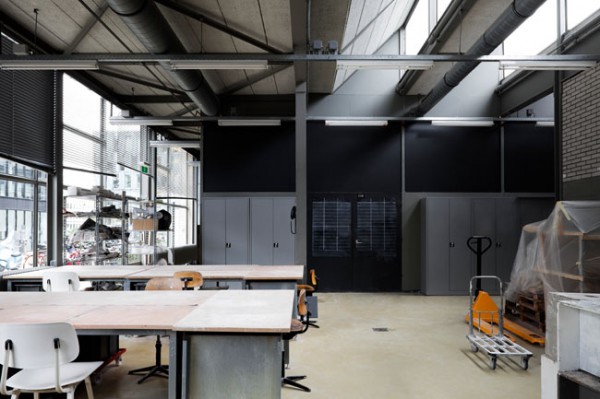
The emphasis is on autonomous art, design and the areas where the two overlap. In the Ceramics department you will be encouraged to experiment to find and adopt positions between these extremes. Within the department it is important to work independently, with an experimental attitude, while studying the complex technical process of ceramics. The essence of the supervision is the development of your expressive capacity: formation of ideas, technical knowledge and conceptual thinking. Specific assignments and your own initiative will be used to create plans for which an appropriate material translation will be sought. Individual supervision and group discussions will be used to share knowledge of the medium.
Courses offered
Substantive and technical support, Attitudinal development as an autonomous visual artist/designer. Subject-related lessons in the visual arts and design. Drawing lessons. Techniques such as building shapes, glazing, making moulds, casting, pottery throwing, plaster throwing. The use of equipment such as loading/firing ovens, plaster throwing. Theoretical supervision such as material theory, glazing theory, art and design theory.
Study structure
First specialisation year
The theme of the first specialisation year in the Ceramics department can be summarised as experimental practice, becoming acquainted with the content, and learning techniques. Assignments will be used to cover such subjects as designing, sketching, shapes, figures, and making presentations. Assignments will be carried out independently, with weekly supervision through individual and group discussions. There is also a compulsory programme of theory lessons, excursions and projects for students in all years.
Second specialisation year
In the second specialisation year the focus is on concept formation and development of the relationship between shape, content and technique. In this year, students may complete a work placement or take part in an exchange programme with an academy in another country. During your second specialisation year, you will also continue to develop your artist’s statement and work on your portfolio.
Third specialisation year
During the final examination year, you will concentrate on producing your own work to be exhibited at the final examination exhibition. Setting up a theoretical statement about a self-selected study, resulting in a thesis, is part of the final examination.
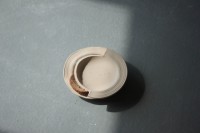
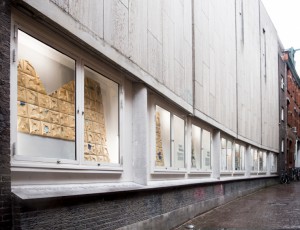
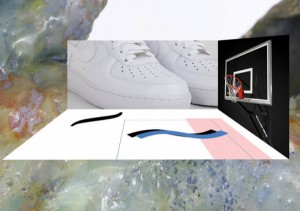
"8282" by Hyoseop Kim in WOW Amsterdam
Read more
In the Green Gallery, artist in residence Hyoseop Kim (alumni ceramics, 2015) will present “8282″, a reflection on the similarities between imagination and reality, sports and life through a combination of new and recent work from his graduation show.
"8282" refers to a ‘lost in translation’ feeling of the artist and his internal conflict between him and society’s expectations. Indeed when 8282 is read in Korean, it means ‘Faster! Faster!’, reflecting the fast rhythm of society nowadays and its expectations of fast success, while reality moves at a slower pace.
The exhibition runs in WOW Amsterdam from March 24th through May 22nd 2016. Free entry. Open every day from 10 am until 6 pm.
.jpg)
Een gereedschapstukken/A tools Bronze (solid) 180 x 50 x 30 cm 2016
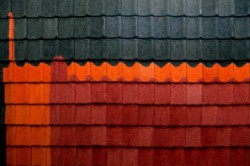
Collaboration Nicolaas van de Lande & Mariska Koolen

Collaboration Nicolaas van de Lande & Mariska Koolen
Projects
Workshops will be organised each semester and taught by lecturers or guest lecturers. The workshops will cover theoretical, practical or technical subjects in a short, busy period. While studying Ceramics at the Rietveld Academie, you will regularly go on excursions. Each year, a trip is organised to another country, with all lecturers and students taking part. There will also be excursions to important ceramics centres, such as the EKWC, Tichelaar-Makkum, the Princessehof Museum and SM ’s Hertogenbosch, and relevant symposiums will be visited. You will also be given a tour of galleries in Amsterdam, visit exhibitions or be encouraged to visit them on your own.
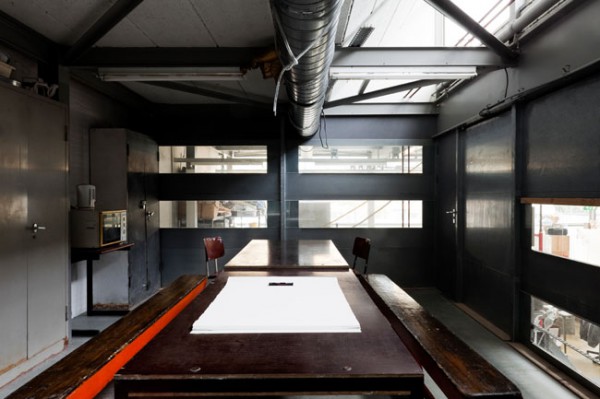
Theory
Theory has an important place in the department. The underlying principle of the theoretical lessons is to acquire knowledge and to understand the relationship between theory and practice. Both art theory and design theory will be taught, and art history, art criticism and material theory are also standard elements of theoretical instruction. The various theory lessons will be given by a number of permanent theory lecturers. Guest lecturers will also be invited to share their specific knowledge. The Studium Generale is also a standard part of the theory education. The Studium Generale provides a general historical context concerning current themes in the contemporary international art world. The Studium Generale brings in prominent speakers from the Netherlands and abroad to give lectures. For more information, see Studium Generale
Work placement and exchange
Students may undertake work placements and/or study abroad during the Ceramics programme at the Rietveld Academie. Work placements with studios, artists or designers may be completed in the second specialisation year. This also applies if you wish to attend another academy outside the Netherlands.
Students 1st year
Students 2nd year
Students 3rd year